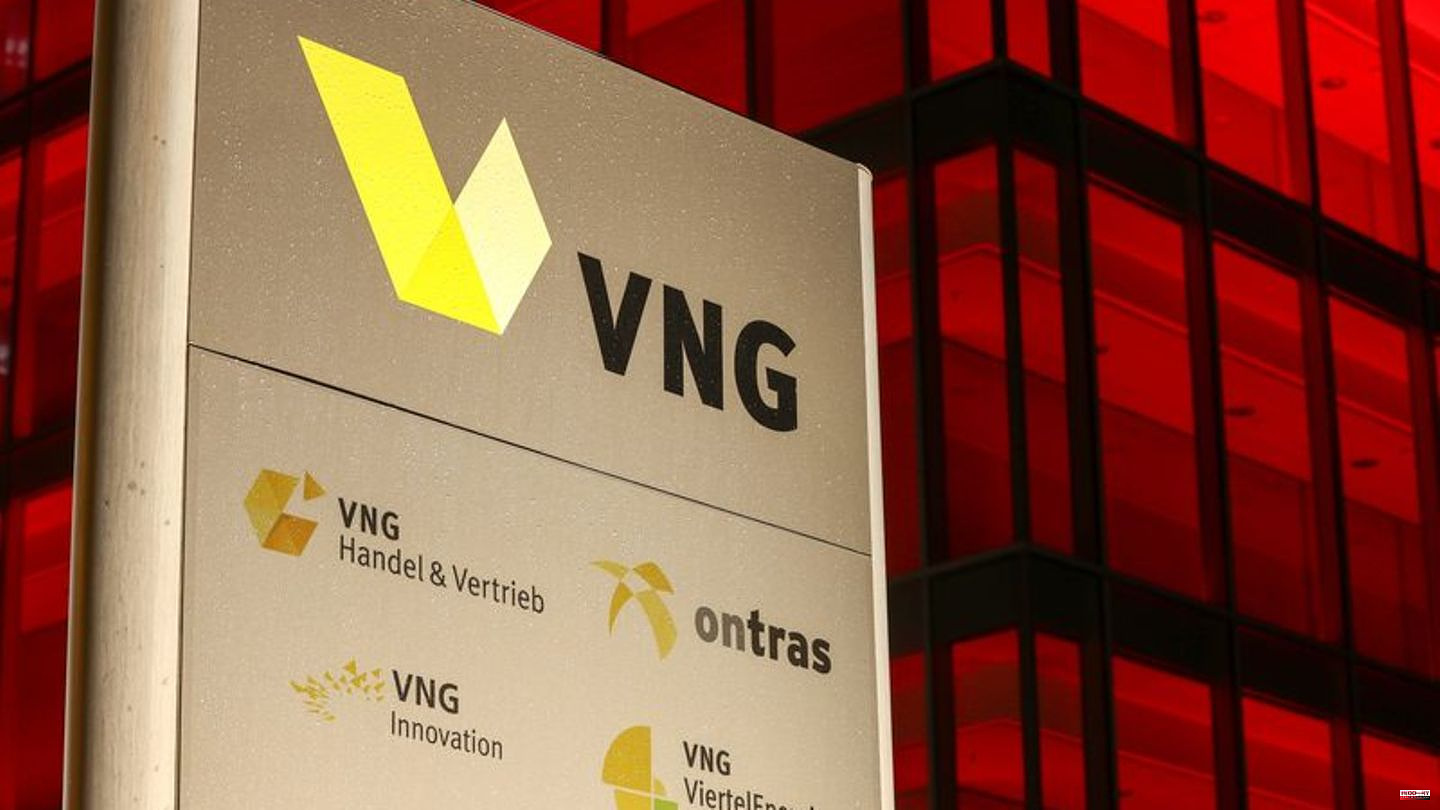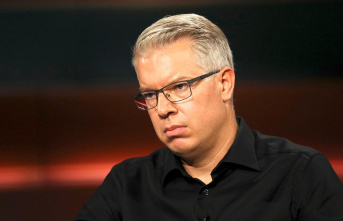The gas supplier VNG - number three on the German market - has gotten into financial difficulties because of the energy crisis and is applying for help from the state. This was announced by VNG AG in Leipzig and the majority owner EnBW in Karlsruhe on Friday. The background is the lack of Russian gas supplies, which now have to be replaced at great expense from other sources. The company crisis could affect a lot of people: According to its own statements, VNG supplies 400 municipal and industrial customers.
The Federal Ministry of Economics confirmed on Friday the receipt of the application for so-called stabilization measures under the Energy Security Act. However, many questions were initially unanswered, including what sums are involved and whether the federal government might be considering a participation. There are various options, said a ministry spokesman. Which instrument will be chosen is open.
Gas surcharge payments applied for
According to the company, it is about "enabling the continuation of business activities". According to its own statements, VNG, based in Leipzig, had an invoiced turnover of 18.5 billion euros in 2021 and employed around 1,500 people. In 2021, the company covered around a fifth of the gas requirements in Germany and is considered "systemically important": third-largest gas supplier, second-largest long-distance network operator, second-largest operator of biogas plants.
VNG has already applied for payments from the controversial gas levy, which is to be levied from October 1st. However, according to the company, this is not enough. VNG explained the background in a statement as follows: "Gas volumes affected by Russian supply failures, some of which have fixed prices, now have to be procured at massively higher prices due to the war." These replacement quantities would be needed in order to continue to supply customers reliably and under the originally contractually agreed conditions.
It is about two contracts that are affected by Russian supply failures: a direct contract for around 35 terawatt hours - that's 35 billion kilowatt hours - per year from Gazprom Export. This is currently and foreseeably no longer served. Despite the gas levy, this alone will result in a loss of around one billion euros in 2022. "As a direct importer, VNG would be able to bear this on its own and together with further stabilization measures by its shareholders."
According to the company, the sticking point is another contract for 65 terawatt hours per year with a domestic upstream supplier who wanted to import this gas volume. This contract has not been used consistently since mid-May. "In contrast to what was previously expected, VNG had to bear a significant proportion of the cost of the replacement procurement in August given historically high gas prices," the company explained. "The foreseeable financial burden would not be bearable for VNG."
Majority shareholder EnBW rakes in high profits
Russia has continued to reduce gas supplies to Germany in recent months. After alleged maintenance work, nothing has come through the large Nord Stream 1 supply line since last week. Replacements are now being procured from other sources to fill gas storage tanks for the winter and fuel industries, power plants and households. Gas prices have risen drastically due to tight supply and high demand.
This was one reason for the gas levy planned by Economics Minister Robert Habeck, which will apply from October and will then be billed to all gas consumers at 2.4 cents per kilowatt hour. When VNG applied for help from the levy, criticism was leveled that the majority shareholder EnBW was making high profits while helping the subsidiary.
At the beginning of September, VNG countered that although EnBW was the majority shareholder, 25 percent of the VNG shares were owned by the municipality. In the case of help from the parent company, the municipalities involved - most of them in East Germany - would also have to go along with it and "take a lot of money into their hands," it said at the time. Otherwise the East German company shares would dwindle.







